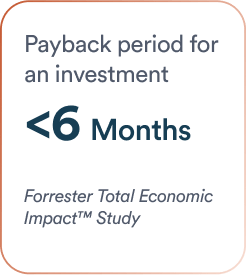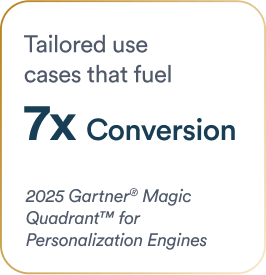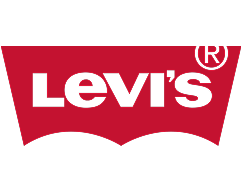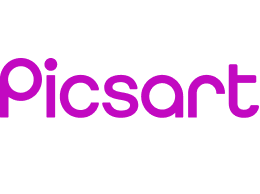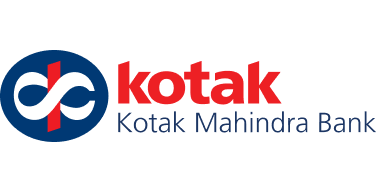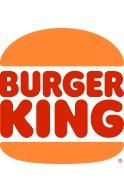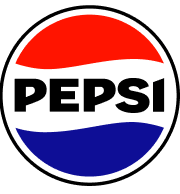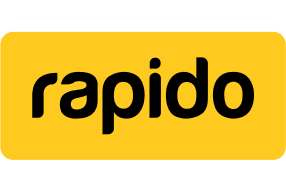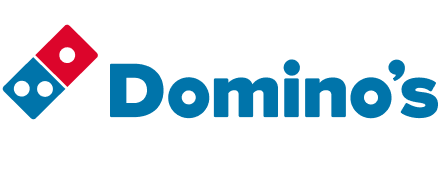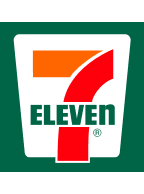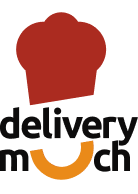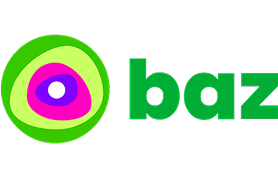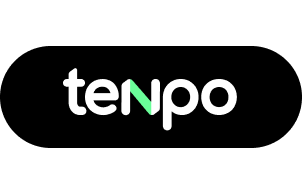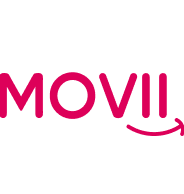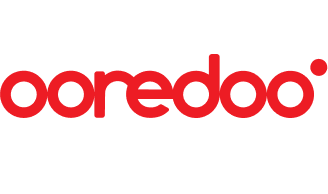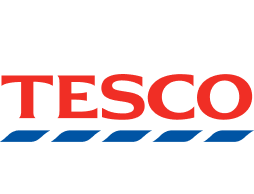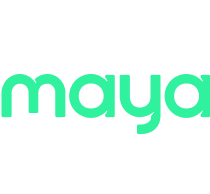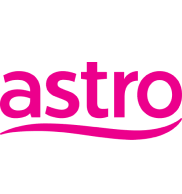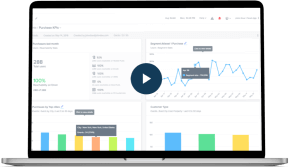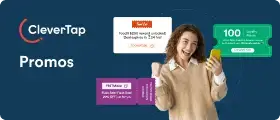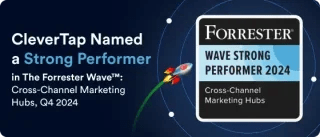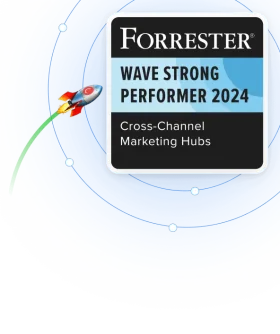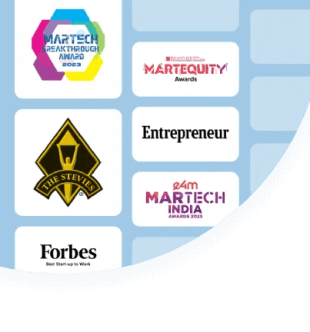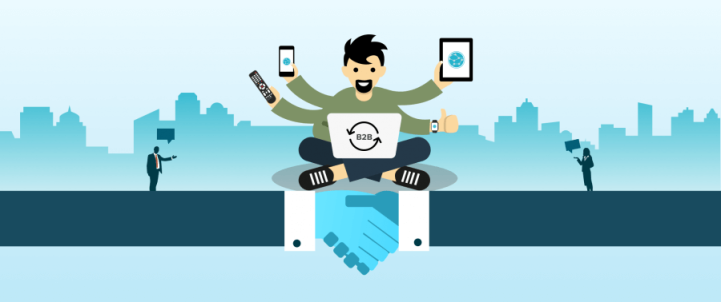Omnichannel marketing allows your brand to give customers a consistent message and positive experience, whether they switch devices or channels.
One in every three consumers uses multiple channels1 to complete a purchase, according to the Deloitte report, The Omnichannel Opportunity: Unlocking The Power Of The Connected Customer.
If users switch devices only to find that some items on your app aren’t the same as on your website, or if you send out a push notification which simply sends a user to your app’s homepage, you may just lose the chance to nurture them into loyal customers. Remember that every customer experience should be delightful or else you run the risk of an uninstall. (Possibly even mockery on Twitter.)
One thing to note: omnichannel marketing is not the same as multi channel marketing in that it’s not about promoting your message on every channel available. Rather, it’s about delivering seamless experiences no matter how or where the customer interacts with your brand.
Omnichannel Marketing Lessons from B2C & Retail
In order to improve the customer experience, B2C and retail brands have blazed the trail for the rest of us, doing the research and testing in order to perfect omnichannel interactions with customers.
Below we present three major lessons garnered from B2C and retail:
Hook Customers with a Venti-Sized Membership Program
There are many examples of how B2C and retail brands have mastered the art of turning omnichannel marketing into a delightful overall customer experience across all channels. But one that immediately comes to mind is Starbucks.
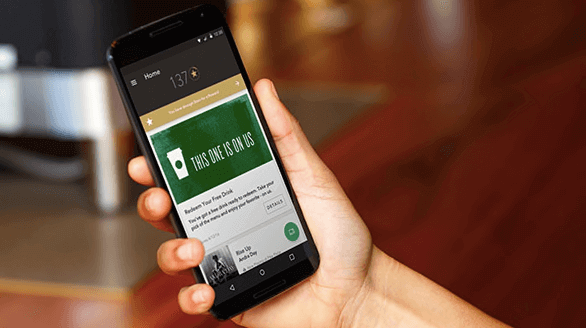
Starbucks’ mobile app is one part of their omnichannel success.
I can, for example, order from their website using my laptop. But the experience starts becoming awesome when I install and use their app.
First off, I’m sent an email to sign up for the rewards membership or connect a gift card to the Starbucks mobile app. The app itself simplifies the process of ordering, paying for drinks, and tipping your barista online. The app makes it easy to manage your Starbucks Rewards account, too – from checking the balance to reloading your rewards card.
You can even “save” a song you hear while in their brick-and-mortar store and have the app save it to your Spotify account.
End result: I experience Starbucks in a cohesive manner whether I’m in line at a physical store or ordering via the app. And all their marketing communication points me back to the app and incentivizes me via the rewards program to keep coming back and living a more efficiently caffeinated life.
Their strategy has resulted in solid mobile engagement. In Q2 of 2017, payment via mobile device reached 29% of transactions in all U.S. stores2.
The Lessons: Prioritize any rewards programs or promotions that incentivize users to keep using the app. Push users back toward your app with every communication. Delight users with tangential features that may not lead directly to sales for you (i.e. saving a song to Spotify) but which improve the customer experience while they interact with your brand.

Grab-and-Go Push Notification Templates
Give Them a Cohesive Customer Experience: “I Want to See It Everywhere”
A Forrester report3 shows that when B2B buyers experience your brand, they expect to be able to see product or service information, analyze their own activities, return or exchange their purchase, and even share account and order histories across all your channels.
Do these expectations sound familiar? They’re the exact same standards we demand from B2C services such as food delivery or ecommerce and retail businesses.
If a user has to go back to his laptop to cancel an order, for example, or cannot look up what they ordered from you previously using your mobile app, you’ve probably lost them.
A prime example is how B2C retailer Nordstrom centers their entire omnichannel experience around their customers4. Like Starbucks, they have a loyalty-based membership program that gives repeat customers points – no matter which channel they use to buy products, and however they want to pay.
Plus they’ve found a way to effectively utilize social media channels such as Instagram and Pinterest and turn these into appealing alternative shopping outlets. It’s where their target audience hangs out online, after all!
Their customers can therefore shop offline at physical stores, online via the website or app, or even on social media. And customers have the broad ability to buy, return, and receive notifications regarding their orders on whatever channel or device they’re using.
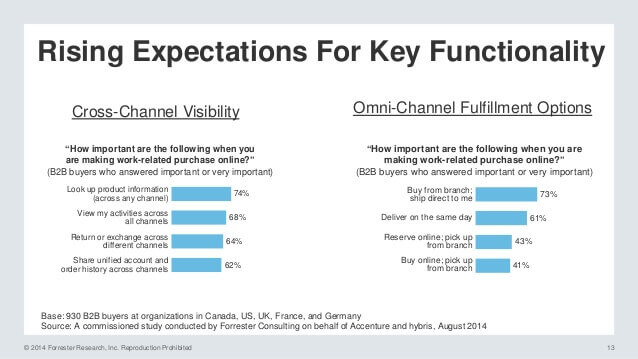
Forrester’s study on B2B buyers and omnichannel expectations
The Lessons: Customer satisfaction comes when we ensure users have the same experience across every channel and device.
Users simply want a unified experience. They want to see the same options in all your channels. We can’t dictate which one they use. They decide. It’s our job as marketers to ensure they can do the same actions on whatever channel they pick.
Involve the Customer and They’ll Evangelize Your Brand
Some of the most effective advertising and digital marketing campaigns in the B2C space have involved customer interaction and opinion.
Recently, customers voted on the next flavor of Krispy Kreme donuts5. Then customers chose three new flavors for M&Ms6. And take a look at how Frito-Lay’s annual #DoUsAFlavor contest7 (with its $1 million prize) incentivizes social media users to send in ideas for new Lay’s potato chip flavors. It is a huge effort that gets customers engaging and promoting their brand –whether they voted for team Peanut Butter or team Crispy Taco!
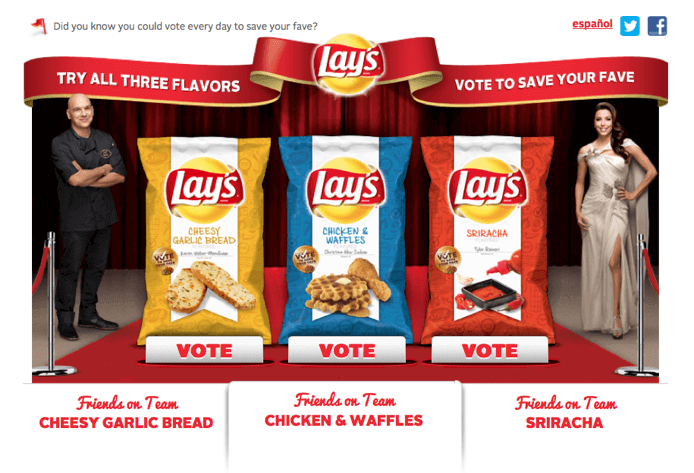
Lay’s annual Do Us a Flavor contest is an effective omnichannel marketing campaign.
The Lessons: If users love your brand, give them avenues to evangelize it with their networks. Think of creative – and more importantly, interactive – activities that involve users. Get them voting on a feature or a service or a product. Create a contest with prizes they want to win, and allow them to engage on every channel you’re on. If it fits your brand, get them to submit user-generated content via social media!
Why B2B Needs to Master Omnichannel Marketing ASAP
Whether you’re marketing a SaaS app, a task management app, or a general work tool, you should seriously take a look at the lessons above and find a way to implement them into your campaigns.
Here’s why: B2C experiences continue to drive B2B expectations8. However we experience online services in our personal lives is how we expect our B2B tools to perform. There are major benefits to giving B2B buyers the same customer experiences they’re already seeing in their daily lives.
Here’s how CleverTap helps brand orchestrate their omnichannel marketing strategies:
More Omnichannel Marketing Resources
For more on omnichannel marketing, read:
- Multichannel vs. Omnichannel Marketing: What Mobile Marketers Need to Know
- 4 Ingredients of an Effective Omnichannel Marketing Plan
- Omnichannel Marketing: What it is, Why it Matters, and How to Execute it

Grab-and-Go Push Notification Templates
Shivkumar M 
Head Product Launches, Adoption, & Evangelism.Expert in cross channel marketing strategies & platforms.
Free Customer Engagement Guides
Join our newsletter for actionable tips and proven strategies to grow your business and engage your customers.



